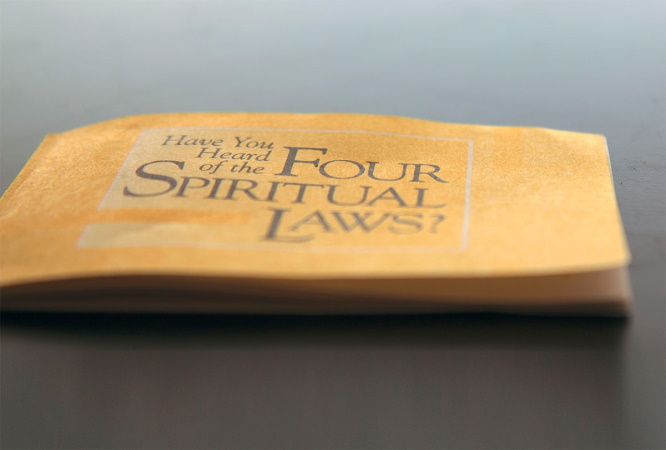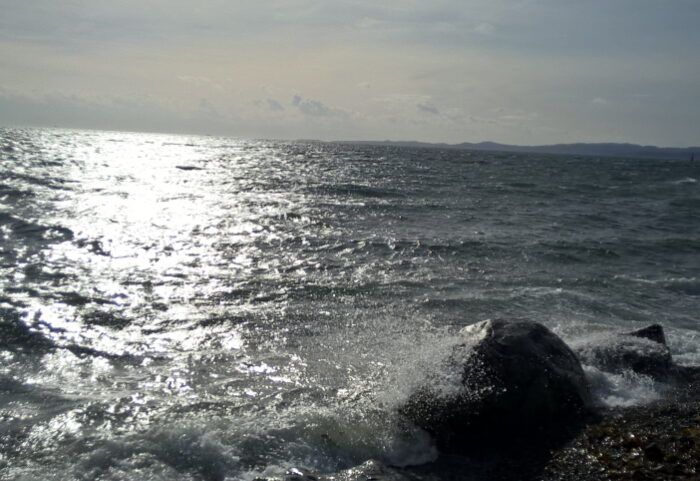~ I wish I had not taken so many shortcuts. It’s the winding journey that leads everywhere.
~ All this saving of time, and I still only have now.
~ You may think it’s difficult taking back your words, …try taking back your silence.
~ The thrust of it is: the soul is built up through mercy and truth, and torn down by resentment.
~ There are 59 million people in the world who are 68, and every one of them understands that by this age, change is a long shot, and should it come, it will come from the inside.
~ My sudden cry of, hallelujah! startled everyone in the Dollar Store.
~ After years of shedding the trinkets of faith — faith found me.
~ Hope resembles Covid, in that it resists extermination.
~ And yet, and yet, I look at the trembling sea, radiant orange from a sinking sun, and I want to wrap my legs around it. Hopeless, like many other desires.
~ So many things can fill the heart. But nothing, it seems, fills it completely.
~ Consciousness of the abyss is also an engine of conversion.
~ Cynicism is a cranky old man with a full bladder, and yet, as appealing as Louise in that crochet halter top.
~ Speaking of romance, O, such a notion I had burdened myself with: that I needed no one to show me who I am.
~ Matter gives way, opacity wears out, transparency is the mystery.
~ As a lifelong skeptic, I live in fear of clarity. When clarity comes, I live in fear of doubt. When in doubt, I practice replacing the word “void” with “God,” over and over again. As soon as it sticks, the skeptic returns.
~ Infatuation gives way, passion wears out, intimacy is the mystery.
~ When the thief stole my watch it was as if he’d severed my wrist. I scolded myself for being that attached to possessions. Yet now I can’t seem to stop dividing the world into upright citizens and thieves.
~ When I demanded consideration for my years of sacrifice, God said, “My son, you may be confusing me with an investment broker.”
~ I pleaded, O Lord, help me to know my faults. The Lord asked, “Tell me, of what faults do you accuse others?”
~ To the conspirators, as to the Fundamentalists, there is an obvious reason for everything.
~ The calendars of establishment leftists and institutional liberals boast of endless conferences.
~ The shadow is darkest when there’s just you holding a candle. Call to your side others with candles.
~ I asked the Divine Mother if there was anything greater than joy, She said, “Nothing, other than finding its source.” Then I asked, is there anything greater than finding its source? She said, “Nothing, except being its cause in another.”
~ I spent 25 years working at a homeless shelter, every day I was amazed that no one said, “What’s that boy doing working at a homeless shelter?”
~ If you’re lucky, the poem will wait for the noise in your head to clear so you can grapple with a few short lines that say what they mean. If you are even luckier, you will receive a grant, the condition of which is to leave off writing poetry.
~ I renounced the world. Then someone picked up what I renounced. Then I refined my renunciation. It goes on like this.
~ God, while I have your ear, tell me, how in the world will I shoulder all this weight? God said, “Well, in the first place, you don’t have to pick it up.”
~ That’s when I heard myself, for the second time, cry, hallelujah!




